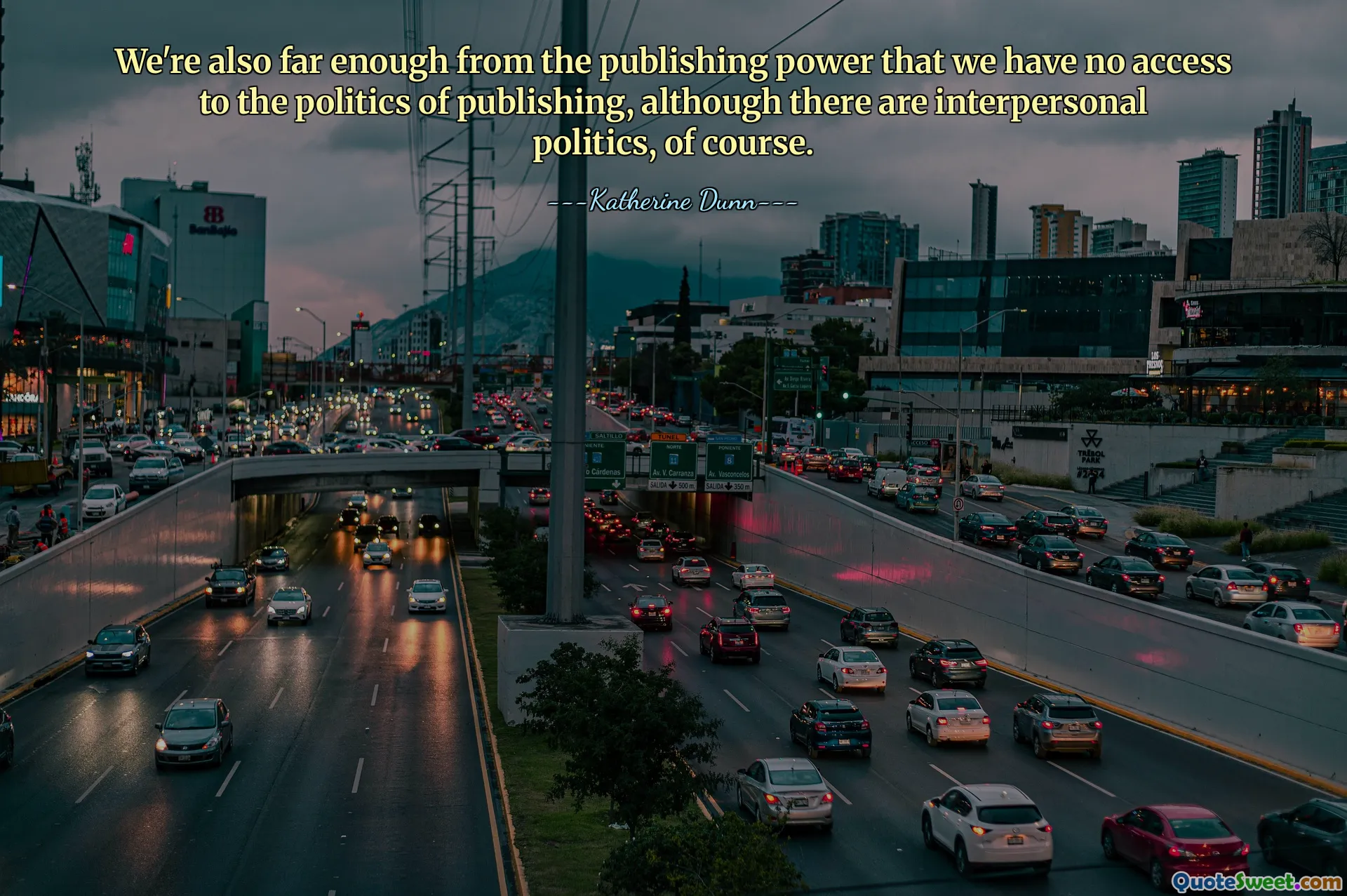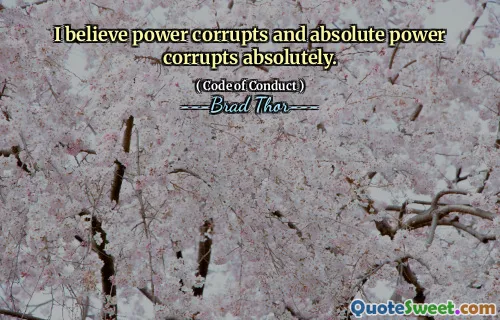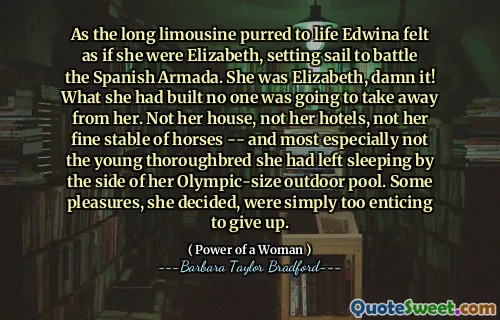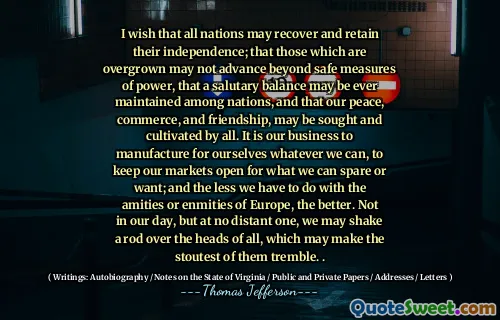
We're also far enough from the publishing power that we have no access to the politics of publishing, although there are interpersonal politics, of course.
This quote highlights the often unseen dynamics that influence the literary and publishing worlds. When operating outside the central hubs of publishing power, such as major publishing houses or influential industry insiders, individuals and groups may feel such a sense of detachment or independence. However, even in these marginalized positions, the subtleties of interpersonal politics—such as alliances, rivalries, and negotiation tactics—still play a significant role. It underscores the idea that while institutional politics might be out of reach, human interactions and personal relationships are still deeply intertwined with the dissemination and promotion of creative works. This perspective invites reflection on how power structures in industries can often feel opaque or inaccessible, but social navigation remains universally critical. The metaphor of being 'far enough' from power suggests a certain freedom from oversight or manipulation that larger players might exert, but also hints at potential challenges, such as limited influence or access. Recognizing these nuances is important for authors, publishers, and readers alike, as it reveals the layered realities of navigating creative industries. This awareness can empower individuals to focus on authentic relationships and personal integrity rather than succumbing solely to institutional pressures. Ultimately, it reminds us that the politics of human interaction, with all its complexities, are an inescapable part of any field, regardless of one’s position relative to established power centers.











